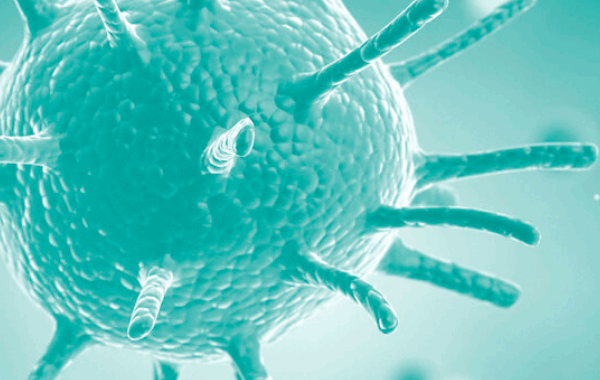Last Monday a group of over 800 public health experts and organizations signed a public letter warning that widespread transmission of COVID-19 within the United States is “inevitable.” This letter includes recommendations to federal, state, and local leaders on achieving a fair and effective response to the coronavirus outbreak.
We urge South Carolina leaders to follow these recommendations.
People in prisons and jails are highly vulnerable to outbreaks of contagious illnesses. They are housed in close quarters and are often in poor health. Without the active engagement of the prison administration, they have little ability to inform themselves about preventive measures or to take such measures if they do manage to learn of them. We are particularly concerned because incarcerated individuals have historically faced harm during emergencies in South Carolina. For example, South Carolina has failed to evacuate incarcerated people from its prisons during mandatory hurricane evacuations.
All South Carolinians are at greater risk when people are unable to afford testing and treatment. Diseases like COVID-19 do not distinguish between people with comprehensive health insurance policies and those without. To limit the transmission of the virus, responses to COVID-19 must ensure that all people have access to testing and treatment.
COVID-19 does not care who is undocumented. Health care facilities must be declared “immigration enforcement-free zones” --- and that declaration must be well-publicized. South Carolina’s response must dismantle all barriers to testing and treatment, including the fear within immigrant communities that an individual could be picked up by ICE if they seek medical help.
South Carolina must support people who cannot afford to miss work or lack paid sick leave. All South Carolinians face increased risk if people hide their condition and go to work because they cannot afford to miss a paycheck. The government must work with employers to ensure that workers are supported in voluntarily staying home when sick, even if they’re not sick enough to go to the hospital.
Information regarding COVID-19 must be transparent and timely. Political leaders will be more likely to maintain public trust and cooperation if their public statements are accurate and based in science.
Finally, voluntary isolation measures are more effective than coercive measures. While the use of a mandatory quarantine may be justified if it is scientifically supported and proportional, people are more likely to cooperate with voluntary isolation measures.
It is essential that all government officials follow these experts’ recommendations to help ensure a response plan that protects the health, safety, and civil liberties of all.



